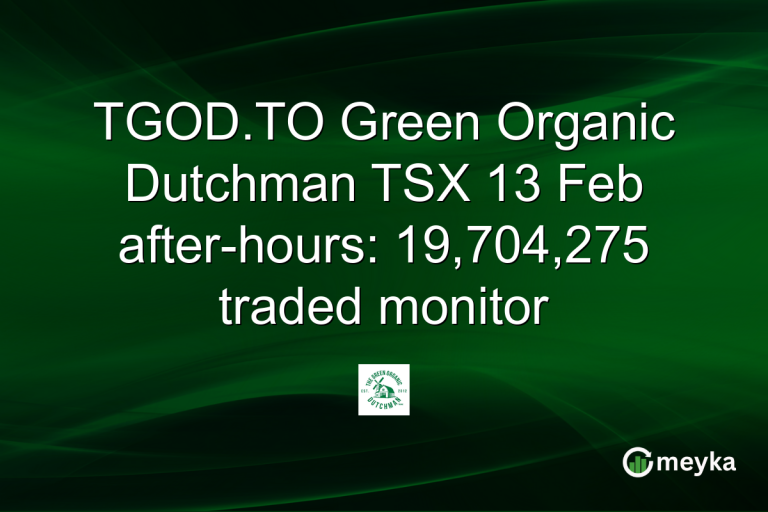Delta Air Lines Faces Challenges Post-Government Shutdown
Delta Air Lines is grappling with significant challenges following the recent conclusion of the longest government shutdown in U.S. history. With air traffic control constraints still affecting operations, the airline is striving to return to normal schedules. These post-shutdown impacts are causing substantial disruptions, including flight delays and cancellations, highlighting the broader operational hurdles that major airlines face during government crises.
Continue Reading on Meyka
This article is available in full on our main platform. Get access to complete analysis, stock insights, and more.
Read Full Article →





